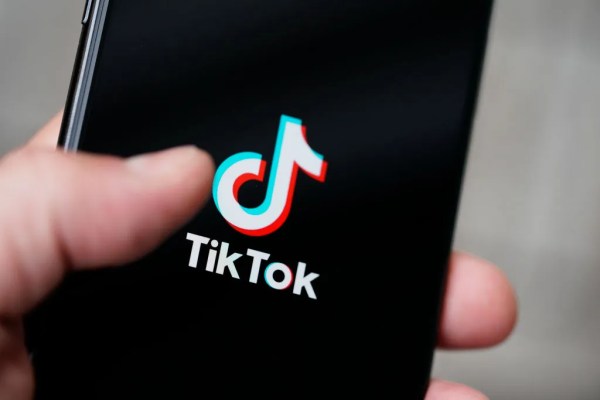The European Union has opened a second formal investigation into TikTok, announcing Monday that it suspects the video sharing platform of breaking the bloc’s Digital Services Act (DSA), an online governance and content moderation framework.
The Commission also said it’s minded to impose interim measures that could force the company to suspend access to the TikTok Lite app in the EU while it investigates concerns the app poses mental health risks to users. Although the EU has given TikTok until April 24 to argue against the measure — meaning the app remains accessible for now.
The development shows the EU cracking down on a product launch it deems risky where it can show a platform has not followed expected procedure.
Penalties for confirmed violations of the DSA can reach up to 6% of global annual turnover. So ByteDance, TikTok’s parent, could face hefty fines if EU enforcers do end up deciding it has broken the law.
While the Commission hasn’t yet confirmed any breaches of the DSA this is the second probe it’s opened on TikTok after announcing an (ongoing) investigation into multiple aspects of its DSA compliance back in February. Since December X has also been under investigation over a range of DSA compliance concerns.
The EU’s first TikTok probe covers multiple issues including the protection of minors, advertising transparency, data access for researchers and the risk management of addictive design and harmful content. Hence it said the latest investigation will specifically focus on TikTok Lite, a version of the video sharing platform which launched earlier this month in France and Spain and includes a mechanism that allows users to earn points for doing things like watching or liking videos.
Points earned through TikTok Lite can be exchanged for things like Amazon gift vouchers or TikTok’s own digital currency for gifting to creators. The Commission is worried this so-called “task and reward” feature could negatively impact the mental health of young users by “stimulating addictive behavior”.
The EU wrote that the second probe will focus on TikTok’s compliance with the DSA obligation to conduct and submit a risk assessment report prior to the launch of the “Task and Reward Lite” program, with a particular focus on negative effects on mental health, including minors’ mental health. It also said it will look into measures taken by TikTok to mitigate those risks.
In a press release announcing the action, the EU said ByteDance failed to produce a risk assessment about the feature which it had asked to see last week — when it gave the company 24 hours to produce the document.
TikTok is regulated under the strictest regime of the DSA, which applies to around half a dozen larger platforms. This extra layer of risk mitigation requirements obliges them to proactively identify and mitigate systemic risks — such as addictive design that could harm users’ mental health.
The EU’s suspicion is ByteDance failed to do this before going ahead and launching TikTok Lite in the two EU markets: Since it failed to submit the risk assessment paperwork on April 18 the Commission wrote that it suspects a “prima facie infringement of the DSA”.
The regulation bakes in a regime of smaller fines for failures to produce requested information on time, as appears to have happened here. ByteDance could therefore face a penalty of up to 1% of its total annual income or worldwide turnover and periodic penalties up to 5% of average daily income or worldwide annual turnover specifically for this type of DSA compliance failure.
Although the Commission has not confirmed whether it plans to fine TikTok for failing to produce the risk assessment document on time as yet.
ByteDance was contacted for a response to the EU’s latest DSA enforcement. But as of press time it had not responded. Update: A TikTok spokesperson said: “We are disappointed with this decision — the TikTok Lite rewards hub is not available to under 18s, and there is a daily limit on video watch tasks. We will continue discussions with the Commission.”
It’s worth noting the EU’s press release raises specific concerns about “the suspected absence of effective age verification mechanisms on TikTok”, which is an area the Commission’s first TikTok investigation is looking into.
Commenting on the Commission’s enforcement action in a statement, Thierry Breton, the commissioner for the EU Internal Market, wrote: “Endless streams of short and fast-paced videos could be seen as fun, but also expose our children to risks of addiction, anxiety, depression, eating disorders, low attention spans… With our first DSA non-compliance case against TikTok still ongoing, the company has launched TikTok Lite which financially rewards extra screen time. We suspect TikTok ‘Lite’ could be as toxic and addictive as cigarettes ‘light’. Unless TikTok provides compelling proof of its safety, which it has failed to do until now, we stand ready to trigger DSA interim measures including the suspension of TikTok Lite feature which we suspect could generate addiction. We will spare no effort to protect our children.”
This report was updated with comment from TikTok; and to confirm the platform’s approach to age verification is being investigated by the EU.
